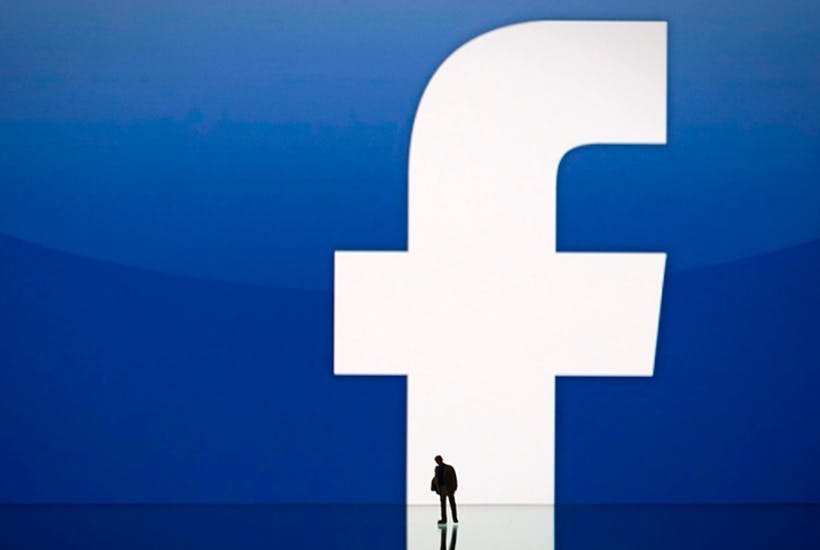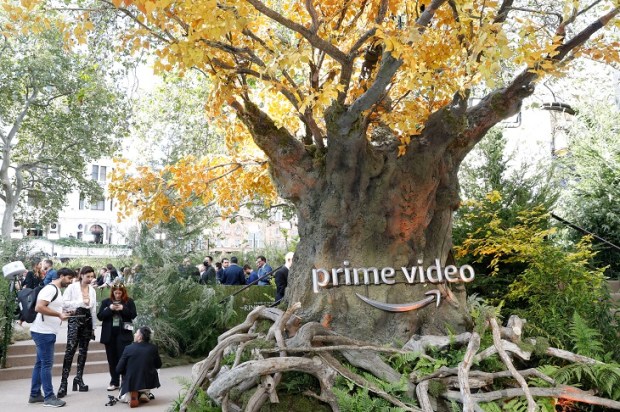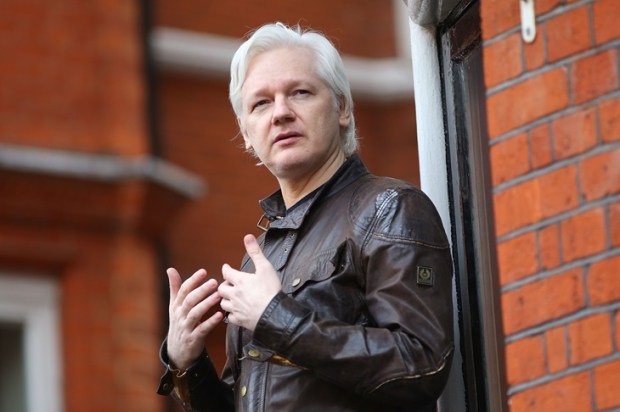Anyone with siblings knows that trying to win an argument by yelling louder than your sister, or sticking fingers in your ears and filling your head with alternative noises (usually something like “blah blah blah I can’t hear you”), doesn’t really work. It may end the argument, you see, but it never wins it.
That is why censorship is so obviously a bad idea.
Most of us stop arguing that way by the time we are adults. We
Already a subscriber? Log in
Subscribe for just $2 a week
Try a month of The Spectator Australia absolutely free and without commitment. Not only that but – if you choose to continue – you’ll pay just $2 a week for your first year.
- Unlimited access to spectator.com.au and app
- The weekly edition on the Spectator Australia app
- Spectator podcasts and newsletters
- Full access to spectator.co.uk
Or


























Comments
Don't miss out
Join the conversation with other Spectator Australia readers. Subscribe to leave a comment.
SUBSCRIBEAlready a subscriber? Log in